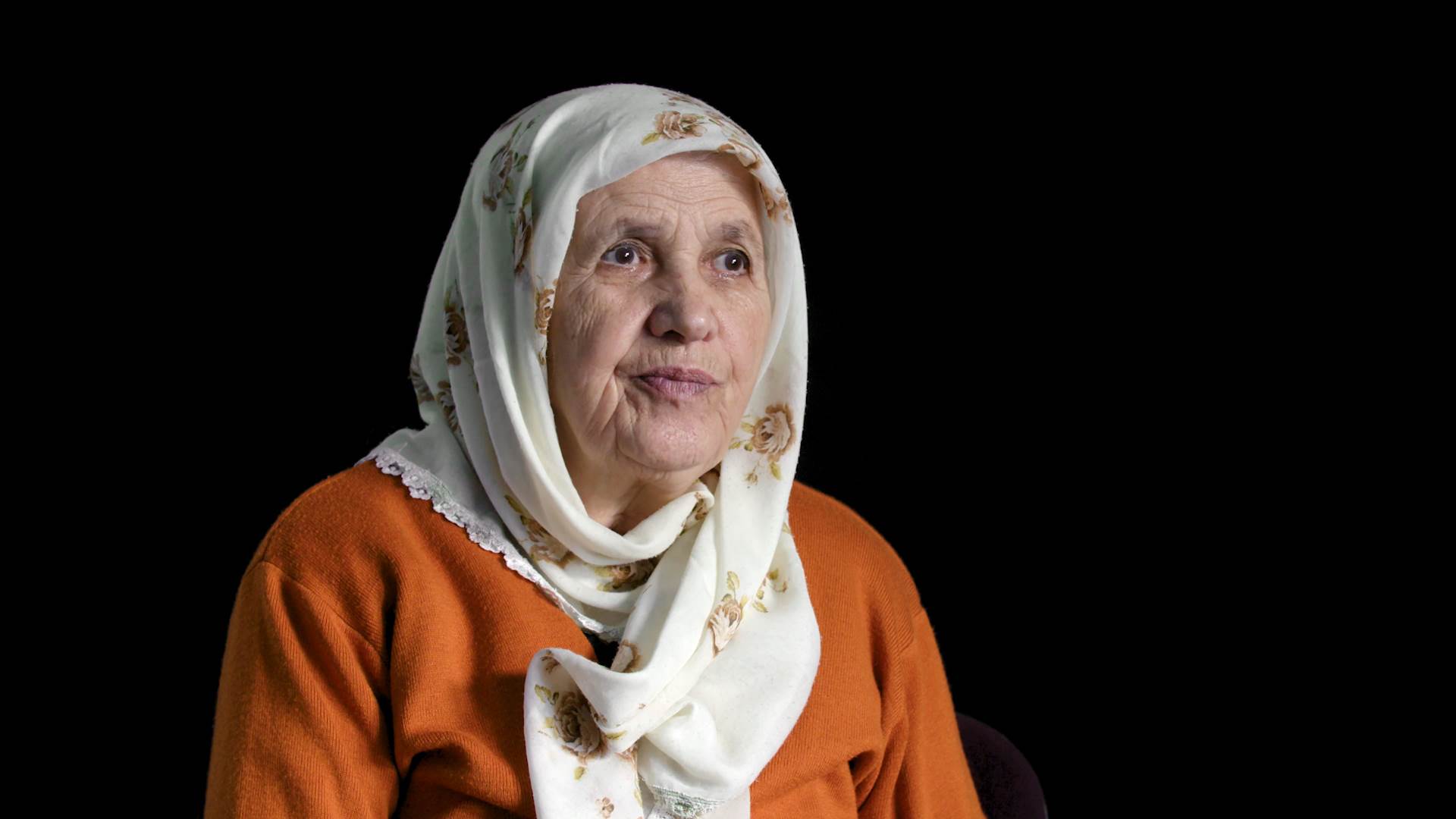This post is also available in: Bosnian
Muhamed Filipovic was detained in various Serb-run facilities in northwest of Bosnia during four months in 1992, during which time he was severely beaten. He still bears the mental and physical scars but the hardest thing he has to bear was the murder of his brother, Omer, in Manjaca camp.
My brother was killed some ten meters away from me. There was a thin wall that did not permit me to see it I heard them take him out and beat him and his moans, Filipovic said.
His brother was killed on July 28, 1992. He found out that his brother was dead a day later. In an interview for BIRN Justice Report, Filipovic says he was allowed to see his brother’s body in Manjaca one last time. When I came into the cell, I saw Omer. He was naked and his head was full of blood. I fell and start to kiss him, he said.
I wanted to take off his wedding ring, but it wasnt there. I asked them, Was that necessary? There were two soldiers present, and also the Captain who expressed me his condolences. I saw a tear on his cheek, Filipovic said.
That tear touched Filipovic in his grief, and he says he told the man: I am sure that Bosnia will not disappear because there are people like you on other side.
Filipovic was arrested on May 27, 1992 near his home in Kljuc. He says Bosnian Serb soldiers took him to the police station, where he was first interrogated and then beaten for some hours.
Bosnian Serb forces took over the town of Kljuc in May 1992 and immediately began arresting non-Serbs. Filipovic recognized the soldiers who arrested him as members of the Serbian forces.
After being beaten at the police station he says he fell unconscious five or six times, as a result of which his interrogators poured water onto him to make come to his senses.
In the afternoon, they took me to the police station detention area, where there were a lot of people, Bosniaks and Croats, not Serbs, Filipovic recalled.
A few hours later, along with 20 other civilians who all had their hands tied behind their backs, he was transported by truck to a barracks in Banja Luka, and then to prison in Stara Gradiska.
Filipovic said that on the way to the Mali logor Filipovic was beaten again several times. The soldiers would call out his name and as soon as he peered from the truck, they beat him.
When they arrived at the barracks, the Republika Srpska troops threw the tied-up civilians on top of one another and then beat them some more, Filipovic said.
We sustained a lot of injuries there but also there were lucky accidents. Since I was closest to the door, the soldier threw me first from the truck. I was hurt but I wasnt beaten because the other civilians fell on top of me and protected me, Filipovic recalled.
After being beaten in the barracks, civilians were again thrown into a truck and taken to the prison in Stara Gradiska. They reached Gradiska around 11pm, where they were beaten again, he said. There he met his brother, Omer, who had also been captured.
At night my brother’s guard brought him to me since I was immobile from the beatings and falls from the truck, so I couldnt walk, he said.
One night my brother said to me that as soon as I notice confusion I should get up because the army takes civilians and kills those who remain, said Filipovic.
On the morning of June 15, 1992, Filipovic recalls that he heard shouting and then gathered his strength and sat on the chair.
It was harder for me to get up and get on the chair than it would be now to go on foot from Kljuc to Petrovac (about 40 kilometers away), he said.
Then the soldiers entered and one said to me: You cannot go. I replied that I could and but barely walked three metres before I staggered, he added.
My brother saw this and ran towards me. He took me from behind and held me, so I could stand. About noon we went by bus to Manjaca.
Filipovic recalls that on the bus from Stara Gradiska there were about another 100 or 150 civilians, and although it




